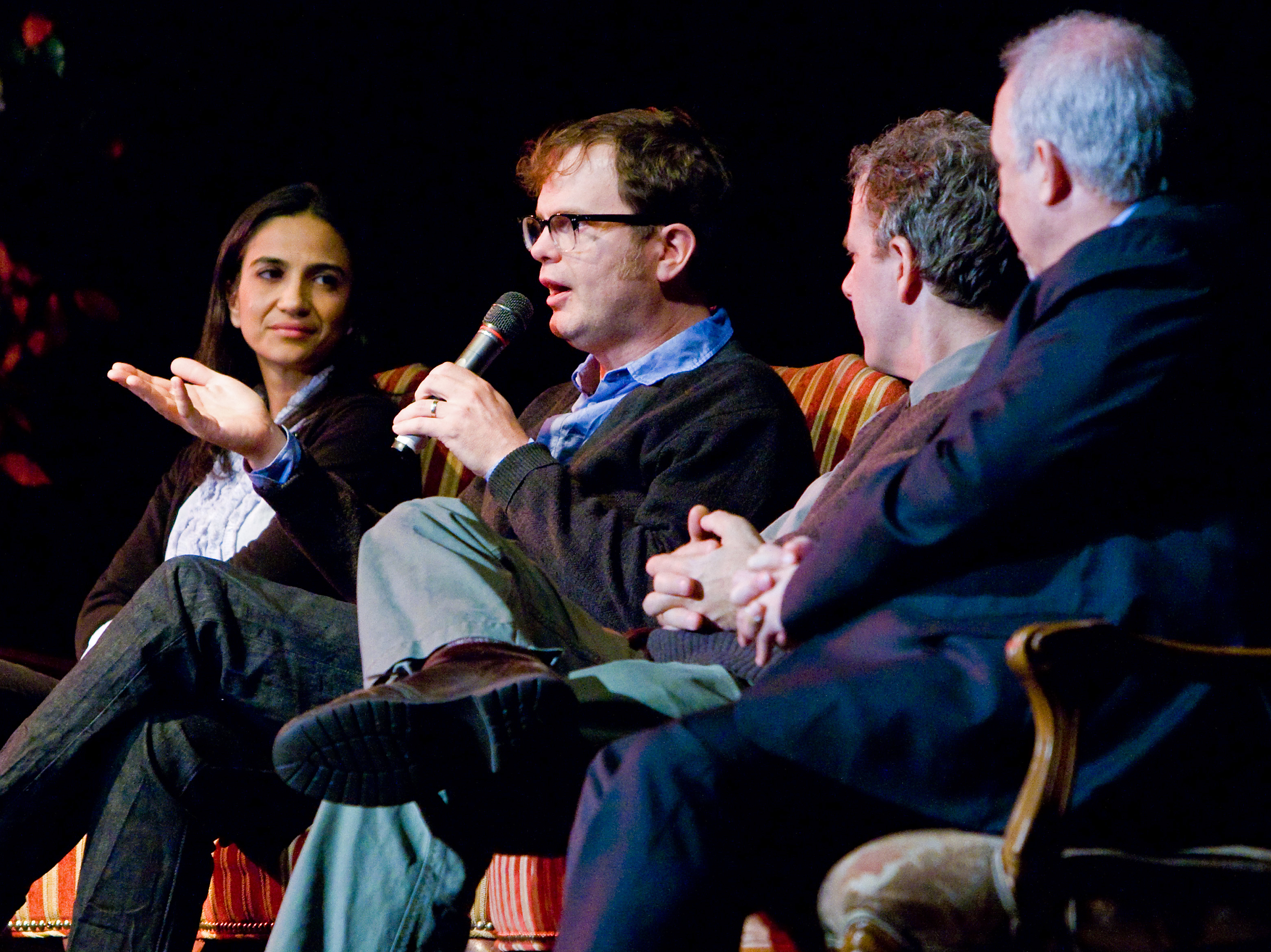The morning after his lonely flight to America from Iran, Omid Yousefian, a graduate of the Baha’i Institute for Higher Education, stood in the UCLA admissions office, feeling terrible.
Until then, his time as an undergraduate student in Iran included furtive meetings in secret locations and a wariness of government phone tapping, he said. Despite the years he spent studying computer science and writing a biomedical engineering thesis, Yousefian’s college credits would not transfer to UCLA, his dream university.
Among other panelists, Yousefian will speak about his experience as a Baha’i undergraduate student in Iran at an event hosted by the Baha’i Student Association and Amnesty International at UCLA today.
The event, also sponsored by the Academic Affairs Commission of the Undergraduate Students Association Council, is part of a national campaign that aims to inform people of the Baha’i struggle for education in Iran, said Carmel Moazez, a fourth-year psychobiology student and a member of the Baha’i Student Association.
Under the current state, the Iranian government does not allow Baha’is to pursue higher education in the country.
The persecution of the Baha’is in Iran dates back to the inception of the faith in the 19th century. Muslim clerics felt their power threatened by the new religion, which they viewed as heretical, said Neda Afsharian, a research assistant in the Center for Middle East Development.
A violent period of Baha’i persecution calmed during the Pahlavi dynasty, which ruled Iran for most of the 20th century, but with the Islamic Revolution of 1979, treatment of Baha’is underwent a complete reversal. Today, Baha’is face fewer killings but more human rights violations, she said.
The panel discussion will be followed by the 30-minute documentary “Education Under Fire,” which highlights the challenges faced by students at the Baha’i Institute. Located in Iran, the semi-underground organization offers students like Yousefian the only real chance to continue learning after high school.
Yousefian’s friends in Iran can currently only take online classes because of last year’s government arrests and raids on the Baha’i Institute, he said.
After the documentary screening,, actor and comedian Rainn Wilson will moderate a panel presentation and discussion with the audience.
“It’s a very insidious means of oppression to not allow a certain member or kind of your population to get an education,” said Wilson, who grew up with the Baha’i faith. “Education is something that I really believe in. It can change the world.”
The Baha’i faith teaches the unity of all religions and idealizes justice, service and education, Wilson said.
Although Yousefian said the government represses the Baha’i’s right to education, he had plenty of supportive Muslim friends in Iran. The persecution Baha’is experience comes mainly from the state.
Hiding in a public school bathroom in Iran years ago, third-year psychobiology student and Baha’i Student Association member Faraz Eshaghi avoided the school gatherings for Muslim prayer he knew would end with verbal abuse aimed at his religion and the potential public embarrassment of the speaker pointing him out as Baha’i.
He left the country at age 16.
“I have cousins and family members who see no future in their lives because there is no place to go after high school,” he said. Education is an ideal of the Baha’i faith, so the Baha’is in Iran continue are willing to travel to the capital from all corners of the country, study chemistry in garage laboratories, and wait months for grades, Eshaghi said.
In addition to hosting the event, students from the Baha’i Student Association and Amnesty International aim to convince UCLA to allow Baha’i Institute credits to transfer to the university. They also want the university to offer its online resources to the Baha’i students in Iran, said Amy Chen, co-president of Amnesty International.
Members of the two organizations recently met with Raquel Saxe, USAC Academic Affairs commissioner, to discuss their goals. Saxe said she is reaching out to the Academic Senate and the UCLA library to research these possibilities. Saxe, who watched the documentary before her commission agreed to sponsor the event, said she wants to shed light on the issue.
“I had no idea what was going on myself, until I watched the documentary,” she said
Yousefian said he hopes UCLA professors will agree to teach online courses for the Baha’i Institute. He added that even in pastoral Iranian villages, people acknowledge and idealize UCLA.
He transferred to UCLA from Santa Monica College two years after stepping onto its campus, instead of turning to an American university that would accept his credits. Now, at age 29, he is a medical student at UC San Diego.
“I had to start from scratch,” he said. “It was really hard.”
